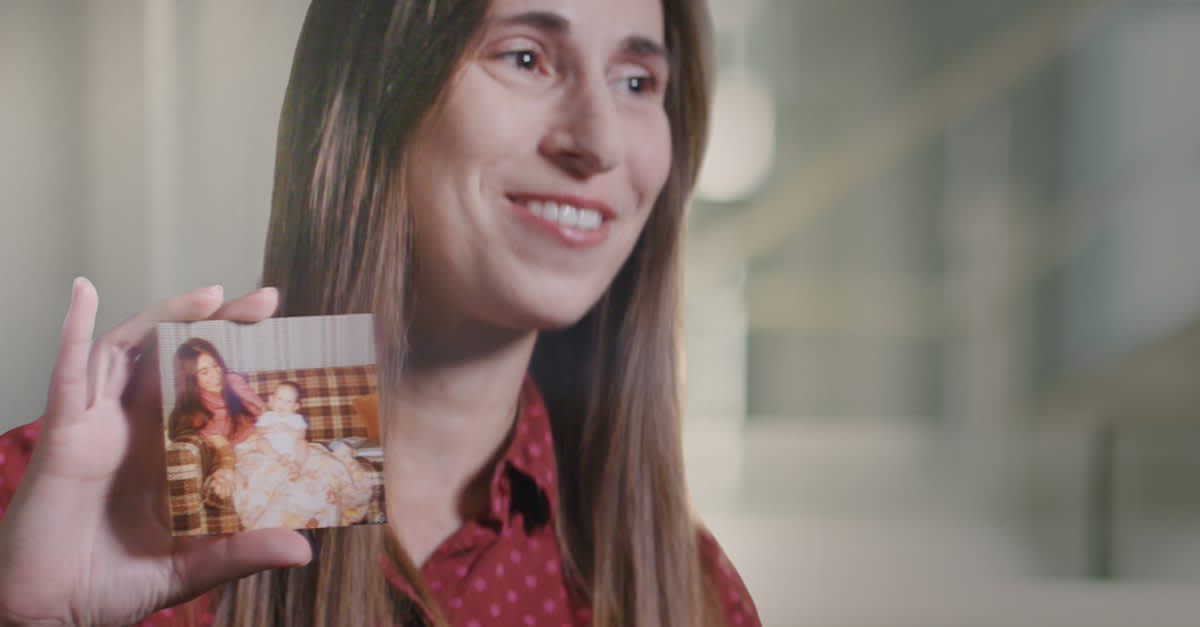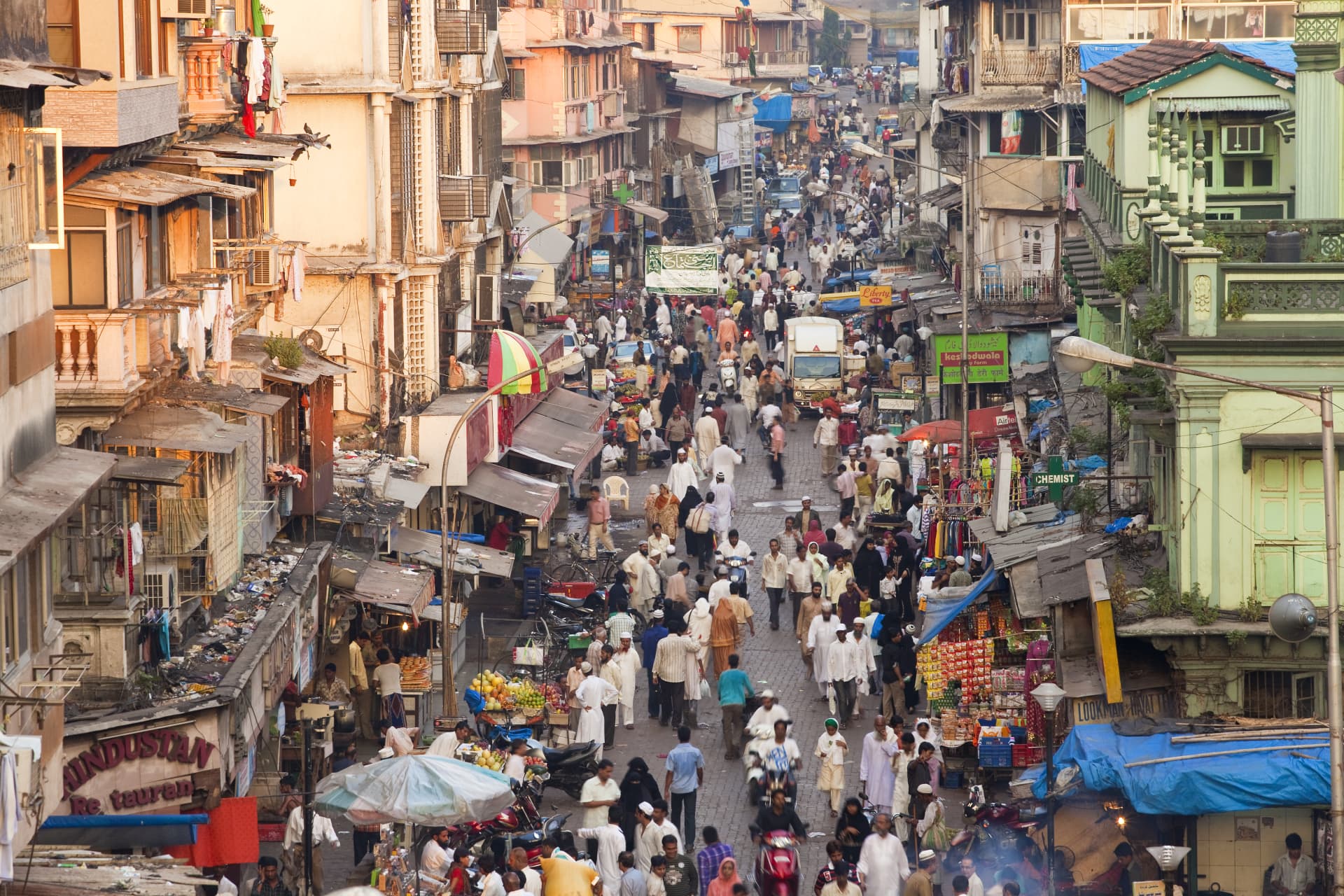Seeing dengue up close drives vaccine researchers | Takeda Stories

What drives our dengue researchers? Seeing the disease up close
As Joe Santangelo sat surrounded by quiet in a Cambridge, Mass. office, he reflected on the past two decades spent leading teams in pursuit of a vaccine for dengue. He thought about how his life’s work might have the potential to impact those areas of the world struggling with this disease.
When asked how he feels about this achievement, Joe paused, looked away and fought the forming tears from his eyes.
“Immense pride,” he says in a voice barely above a whisper.
A bold move
Joe, our Vaccine Business Unit’s (VBU) vice president of Chemistry, Manufacturing and Controls (CMC), insists he did not choose a career in dengue research as much as “it chose me.” While working at a UK-based vaccine development biotech company in the 1990s, he was dispatched to Asia to identify possible manufacturing sites for sepsis and meningitis vaccines. The work he saw scientists doing there fascinated him.
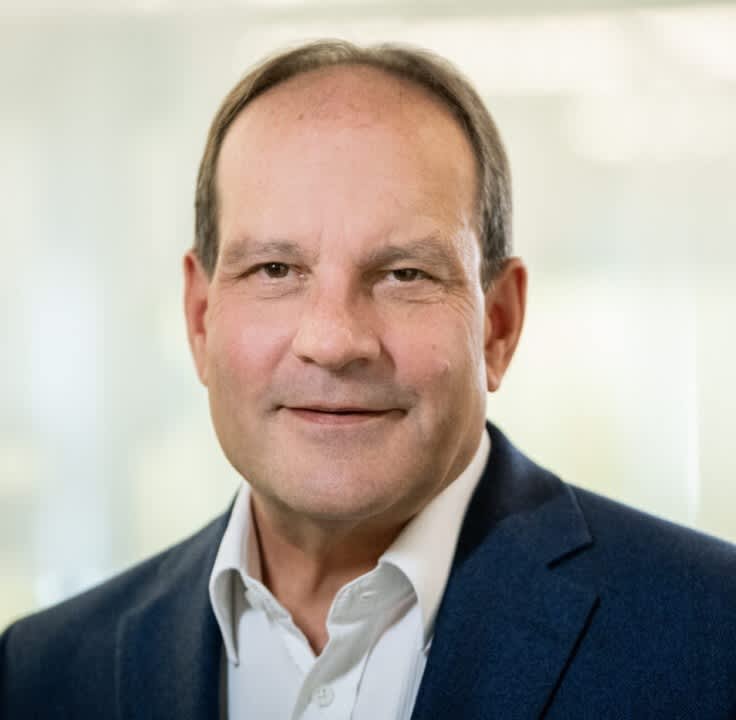
Joe Santangelo: VBU vice president of Chemistry, Manufacturing and Controls (CMC)
“The researchers were focusing on diseases that were relevant to them,” Joe says. “If you look at most vaccines, they were developed by Western countries for Western diseases.”
Inspired, Joe founded a company in Singapore to develop treatments for diseases endemic to Asia in 2005. Four years later, it merged with a U.S.-based company called Inviragen, which had licensed certain dengue vaccine technology from the U.S. Center for Disease Control. Takeda acquired Inviragen in 2013.
“Although Takeda has been making vaccines for a long time, this particular program was unusual,” Joe said. “The leadership team made a big commitment to put this much time, attention, and funding into dengue vaccine development. It certainly was a bold move. They knew we were in the early stage of development and they knew the runway would be long and costly to potentially bring this to market.”
But given dengue’s burden on so many countries, he adds, “they also knew it was the right thing to do.”
This felt very different
Derek Wallace’s interest in dengue stemmed from a visit to a hospital in Northern Thailand during a dengue outbreak in 2009.
As a physician, Derek has spent considerable time in hospitals around sick children. “But this felt very different,” Derek says.
He was shocked to see beds with children doubled up in them, all suffering from dengue. Mattresses were placed under the patients’ beds so parents had a place to sleep while staying by their child’s side.
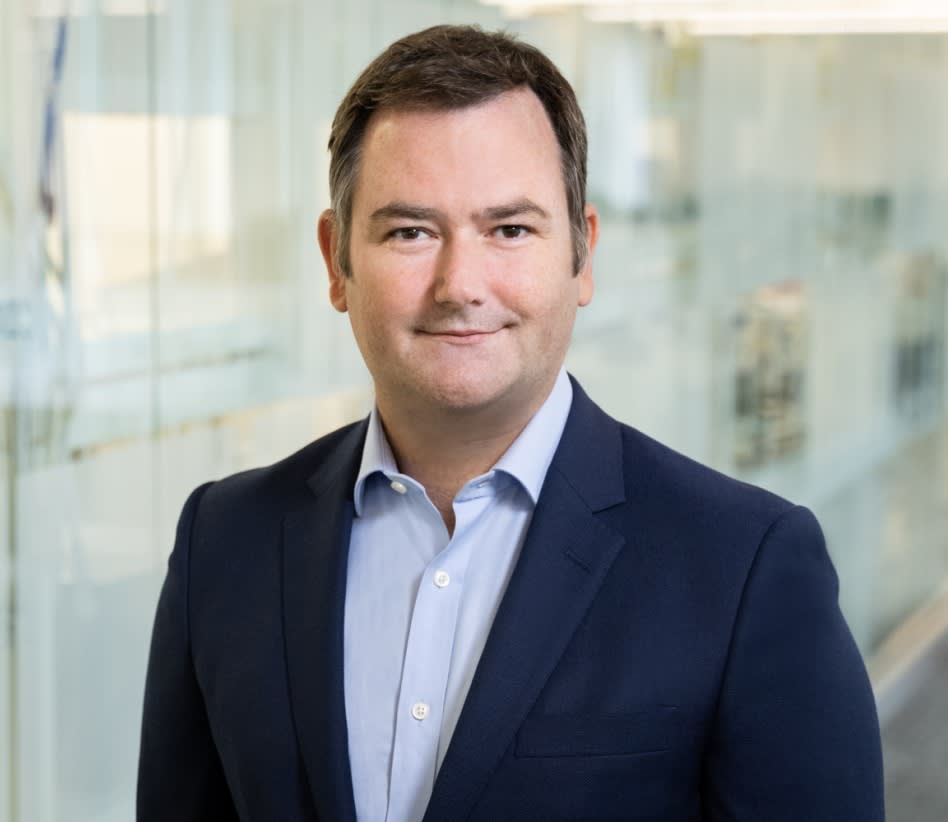
Derek Wallace: President, Global Vaccine Business Unit
“The magnitude of the disease is something I hadn’t personally experienced before,” Derek says. “This really led to my interest in dengue.”
Derek then found a company that perfectly suited him.
“Takeda’s value system closely aligns with my personal value system, and it’s enabled me as an individual and as part of a dedicated team to work on something that I think is going to offer a lot to the global health community for decades,” he says.
Derek joined the team of two dozen researchers in 2013 as Medical Director and became the head of the Global Dengue Program in 2016. He and Joe worked in close collaboration with the rest of the team as the crucial Phase 3 trial was getting underway. Derek was named President of the Global Vaccine Business Unit in 2024.
Dengue is among the most complex diseases because there are four different viruses or serotypes that can cause infection, they explained.
“This was a massive challenge,” Derek says.
The importance of patience
The pivotal Phase 3 trial became the largest in Takeda’s history. VBU’s Clinical Lead of Dengue and Senior Medical Director Shibadas Biswal led the study after Derek was promoted to head the Global Dengue Program.
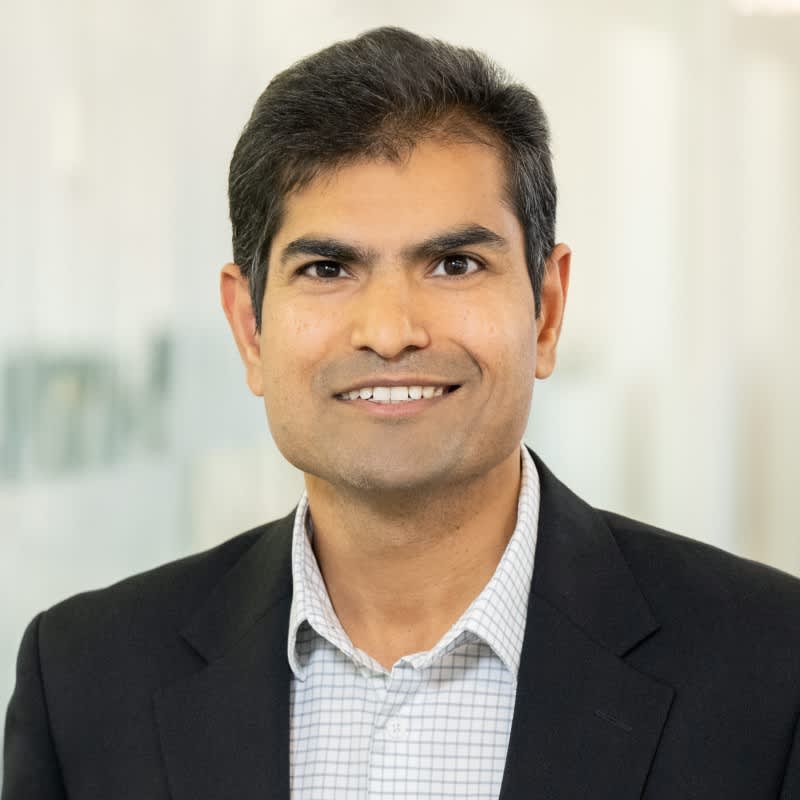
Shibadas Biswal: VBU Clinical Lead of Dengue and Senior Medical Director
“My father is a physician, and he simply couldn’t believe that a company would be willing to give us so much time to work on a vaccine without any promise of interpretable results for many years,” Shibadas says. “But Takeda has been around for centuries and knows the importance of patience.”
The trial, he explained, was complex because of the large numbers of people involved, from subjects to researchers to site administrators. It was conducted across eight dengue-endemic countries – Brazil, Colombia, Nicaragua, Panama, the Dominican Republic, Thailand, Sri Lanka and the Philippines.
Shibadas has a personal history with dengue. The disease was prevalent when he was living in Singapore and working on the clinical development program. That is part of what drives him.
“I saw it often,” he says. “People talk about it. They know someone who’s been affected or have been affected themselves. That’s why this work is so important.”
Joe echoes Shibadas’ comments.
“The hardest work is the most rewarding,” he says. “Patients have been top of mind with every step we’ve taken over all these years.”
Banner Image Credit: Jay Directo/AFP via Getty Images. Young victims of an outbreak of dengue fever crowd the children's ward of the government-run Quirino Memorial Hospital in Manila on September 11, 2010.
Updated June 2024 to amend Derek Wallace’s title and include a video.
Share this story
Disclaimer
This article features real individuals sharing their experiences with dengue disease. Given the nature of dengue, patient experiences and symptoms will vary. Always seek appropriate medical help to address any symptoms, discuss medical concerns, and obtain proper diagnosis and care.
Not all research leads to new therapies and Takeda’s medicines may not be available in every country.

